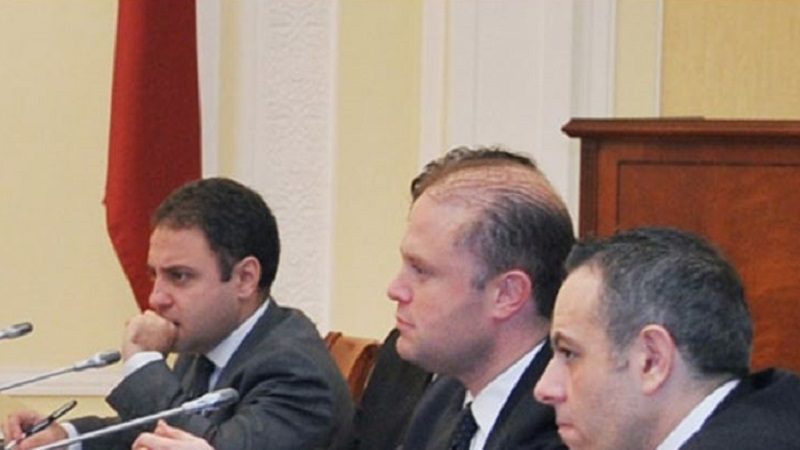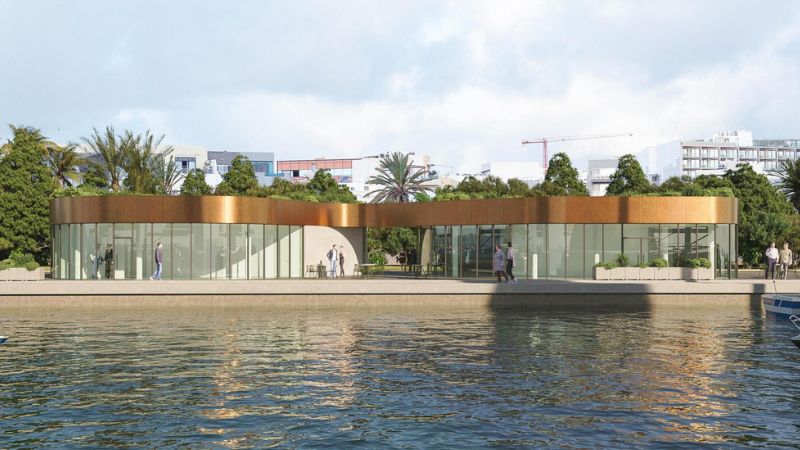The Government has a lot to be thankful for the sustainable models in place which bore fruit once elected; the ease with which Malta’s constitutional flaw may be manipulated for the maximum perversion of democracy without mutating into anything else; the polarised media model that facilitates effective propaganda; and an education system that wastes no time even considering to regard pedagogically teaching citizenship and democratic values.
But the Government should show most gratitude to its opposition, dished out by non-partisan activists fighting for a healthier democracy in which accountability and the rule of law are not meaningless. So why should it be thankful for its political rivals?
The public discourse at the moment is dominated by scrutiny, by calls for change, political responsibility, debate, and discussion on technical points. The Government is fending off this criticism relentlessly. From an observer afar, it might initially seem that a lot of productive debate is going on, that we’re getting somewhere.
This impression can only be attributed to the citizens. The Government, on the other hand, has come up dry on any point raised, resorting only to red herrings, denials, and whataboutisms to escape confrontation.
If one had to read Government responses without contextualising them, it would spark uncomfortable laughter and a twitch. The well-oiled PR machine Labour wields is suddenly seen in a different light: a narcissistic, reiterative mantra magically effective against constructive criticism. If they did not coordinate their resources efficiently, the same replies would be so much weaker.
There are no points raised by the Labour party presently. The mantra is simple, but it carries profound implications. If you are about to become an active, participant citizen, according to the Government, you shouldn’t, because there is no need to.
The only important things to remember are that the Labour party won the last election, the economy’s fine and the sun’s still shining. It stops there. Anything beyond that becomes negative, pedantic, and possibly even treasonous. Why should you go poking around and asking questions unless you have malicious intent, fuelled by a hatred of your own country?
Because democracy stems further than elections and an economic surplus.
Delving into the niceties that keep a democracy healthy does not retain the simplification that keeps populist administrations afloat. It certainly does not help activists attract popularity in their pleas.
The stronger, well-developed democracies in Europe care about the details, enough for the European Parliamentary resources to be dedicated to the smallest EU nations. One would think that if the European Parliament express concern, then the people of Malta should, too.
The Government wound this up nicely by blaming this EU scrutiny on the apparently highly influential, highly manipulative PN, the same PN who is held to ridicule by Labour and the Government (if it’s still worth drawing this distinction today) for being ineffectual and impotent, such that they pose a political threat to Malta’s democracy for being ineffective.
Blaming the PN for criticism at EU level and in the international media is convenient in shutting down criticism.
Not only does it leave the possibility for the partisan rebuttal, but the Government shifts responsibility for ensuring Malta’s good name to individual Maltese citizens. By that, it doesn’t mean that we should lower our voices – it means that if we dare criticise the Government, then we are staining Malta’s name.
To be clear, the responsibility for ensuring Malta’s good name rests solely with our leaders and our representatives. It means addressing problems when they arise, ensuring that the democratic process not only works, but is seen to work. It thus means avoiding conflicts of interest.
It means not insulting the intelligence of the electorate once critics voice their opinions. It means not rubber stamping (even if by omission) armies of trolls sent to spew unintelligible poppycock onto comment boards.
If the Government wants Malta’s name to stop being stained abroad, it should strengthen our democracy, not weaken it. Evidently, the Government can get away with shouldering political responsibility domestically with a few timeous red herrings.
Ultimately, its legacy will boil down to its systematically undermining Malta’s constitutional institutions. No matter how they sugar coat it, the facts cannot be disputed.
Labour tries to confuse ‘political responsibility’ with ‘criminal liability’, ‘political’ with ‘partisan’, and ‘rule of law’ with ‘law and order’. Its manipulation ends when the symptoms of a flawed democracy start to emerge.
Whatever has happened thus far has happened under their watch. No populist administration has a happy ending. Whatever deranged, autocratic roadmap the Labour party has in mind, it is not to strengthen our democracy for future robustness; it is in their own interest, not that of the nation. This should be dizzyingly disconcerting.
This Labour Government calls critics traitors. But in reality, it is the one in contempt of the Maltese state.













